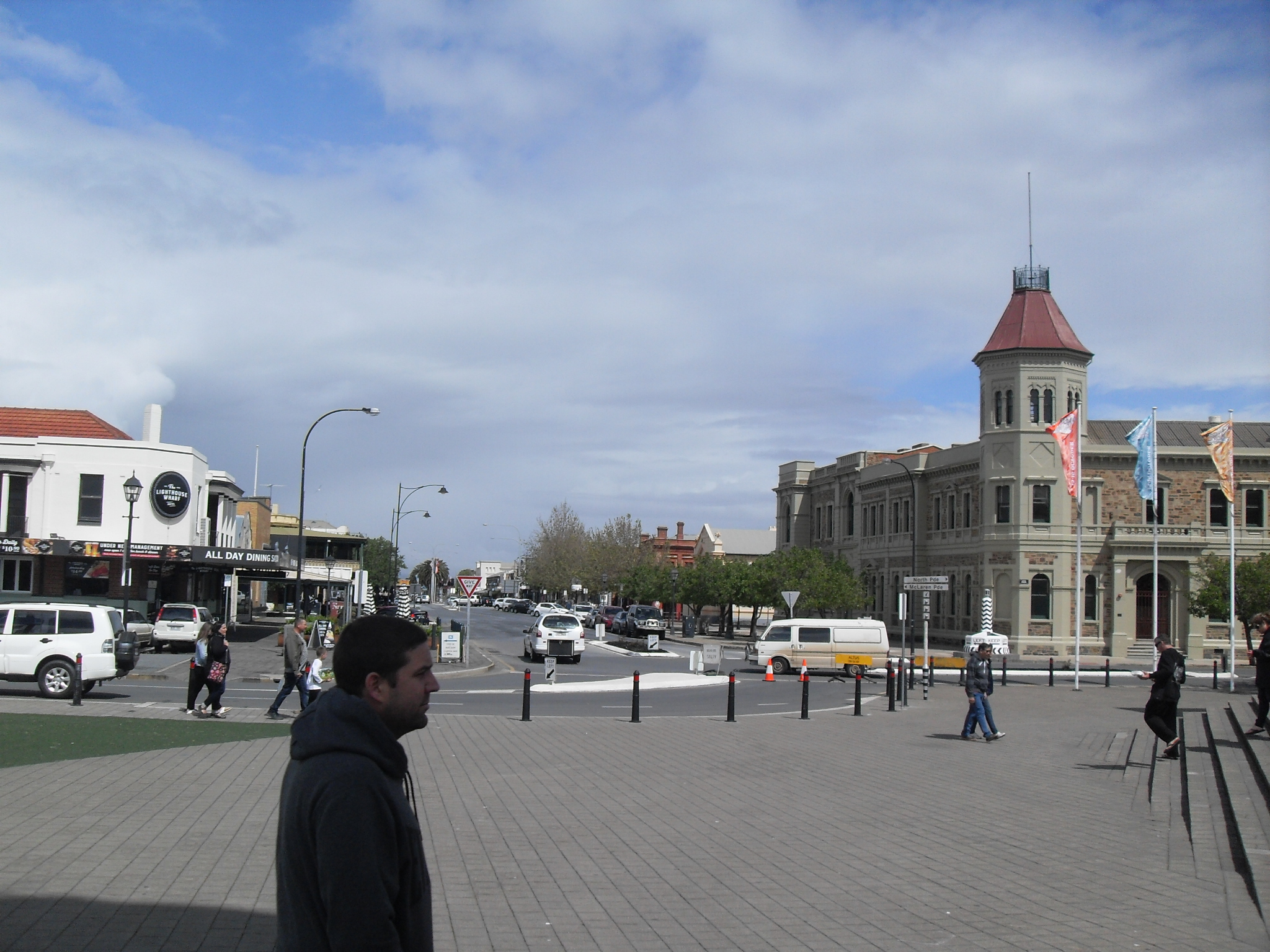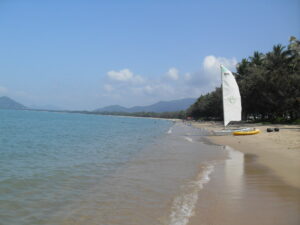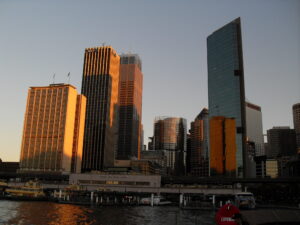Is Reverse Culture Shock a Myth or Fact?


The time has come to return home from a wonderful semester abroad. Though this is a bittersweet time, it is time to finally go home. At some point in your study abroad semester, you probably reached a point where you were just ready to go home. For me, I hit that point, and I couldn’t wait to get home. However, there were four final exams and a 26-hour flight before I could be home.
During my flight, I felt myself getting anxious. What was life back at home going to be like? Were my friends going to be the same? Was my house going to be the same? All these questions are up in the air (literally 35,000 feet in the air) and all you can do is think about what will happen when you get home. After making flight after flight and sprinting through airports all over the world, the time has finally come to get off the plane and see the family you left months ago. Embrace this time with them, as being away from family is hard, especially at our age, where everything is so uncertain. After visiting with your family, you begin to see what your “normal” reality will consist of and this is where things get weird and reverse culture shock sits in.

Reverse culture shock is the process of coming home and returning to your “normal” life. But, after being abroad, what is “normal?” You left your normal life months ago and your world got flipped upside down, and a new reality became the norm. Reverse culture shock is a thing that almost every student who goes abroad experiences when returning home, and it is perfectly normal to experience. This blog is meant to tell you about some of the reverse culture shock that I experienced after returning from Australia and how I handled it.
One of the first things I experienced was expecting to pick up where I left off. This was with relationships, my job, and school. Leaving for long periods of time changes us: we grow into more mature adults who have experienced a lot in just a short amount of time. Trying to pick up where you left off is probably the weirdest thing to get over, because everything seems so weird; everything tastes different, everything smells different, and in my case, everything is so much louder in America. Spending four months in Australia changed a lot of my sensory mechanisms, because Australia, in general, is a very healthy country as far as their food. Many Australian foods seemed very plain to me and now that I’ve been home, everything tastes so much sweeter to me.
Part of returning home is getting back into a normal, day-to-day routine that you are used to. In my case, part of that is returning to work. However, I had the hardest time returning to work because of how much things changed. When I left the U.S. for Australia, the company I work for was only two months old. Coming back to work was like walking in on the first day of a new job: new people, new ways of doing things and many other changes. Many people have a hard time adjusting to change, and after experiencing study abroad, change was in my everyday life. However, accepting these new changes and working through this diversity was hard, because I was used to the way things were before I left. Accepting change when going abroad is something that you just must do, but returning home you expect your everyday life to be what it was when you left.

Getting over change will be the hardest thing you experience during your return home. The true solution to change and reverse culture shock is time. Over time, you will adjust to these new changes as well as the reality that you returned home to.
Other instances of reverse culture shock came through the feeling of being out of place. While abroad, you get to meet new people and experience new cultures. You just spent an extended period of time embracing yourself in this experience and the feeling of being out of place or isolated is normal. You have grown, you are more independent, and some of your worldviews may have changed. If you feel like a stranger at home, it means that you adapted to the culture of your host country during your time abroad. Your host country became another home. Congratulations!
To overcome this, try adjusting to home by incorporating the values and lessons you learned abroad. It is okay if you are still making sense of your experiences and understanding their full impact. Resist the temptation to return to the “old you” in order to fit others’ expectations. Attempt to explain why your views and attitudes changed, but do not expect others to fully understand. Remember, you kept in contact with your family and friends back home, but they only heard about your experiences abroad—they were not personally involved. It may be hard for them to relate.
My last piece of advice is to take it day by day. Reverse culture shock is hard because you don’t understand why things aren’t the way they were before. However, time will heal the reverse culture shock and you will be reacclimated to your normal day to day life. Stay true to the “new you” and accept the changes that have occurred while you were gone. Don’t forget the people that you just met! Reach out to them and stay in touch as much as you can! After being home over six months now, I still talk to the friends I made in Australia (even if it’s at one in the morning). Finally, you will have so many experiences and stories to tell and you will be with your friends one day and something will remind you of a time when you were abroad. Tell the story, even if your friends have heard it before. It is always a pleasant reminder of your time abroad and what you experienced.
Tanner W. | Butler University | University of Adelaide in Adelaide, Australia | Fall 2016 | IFSA Alumni Ambassador